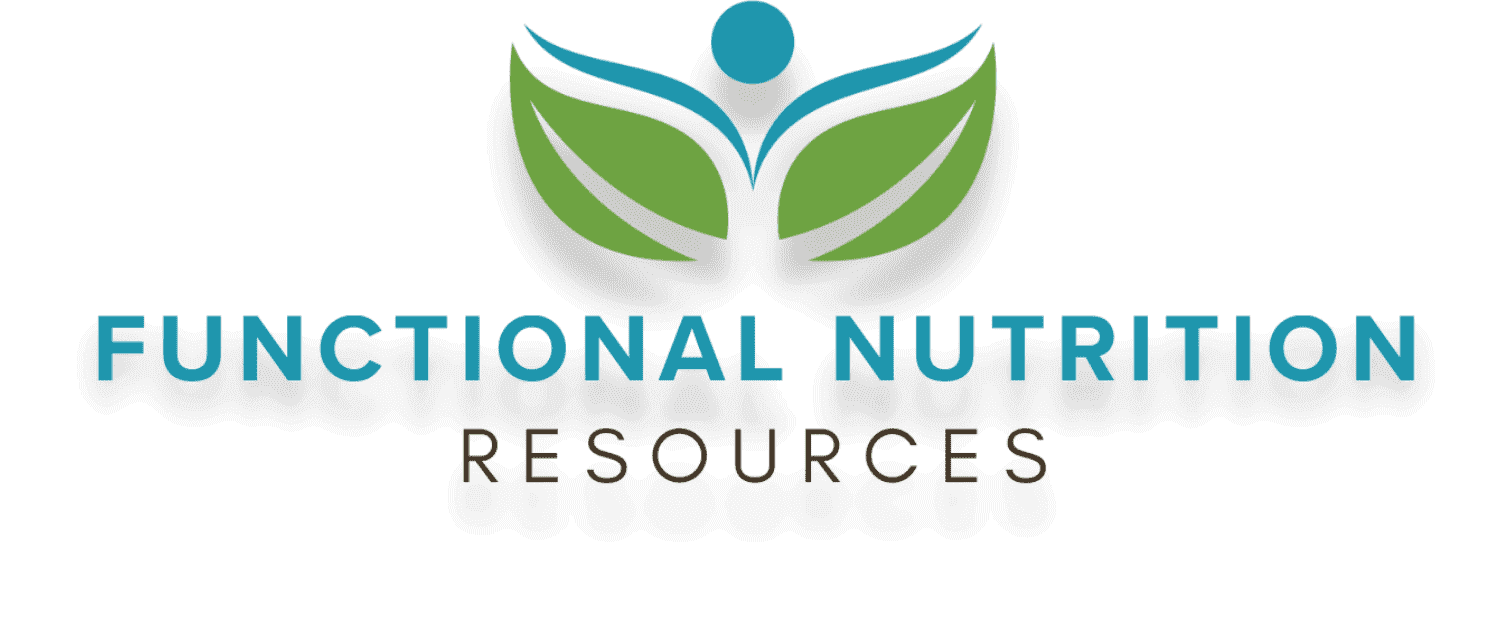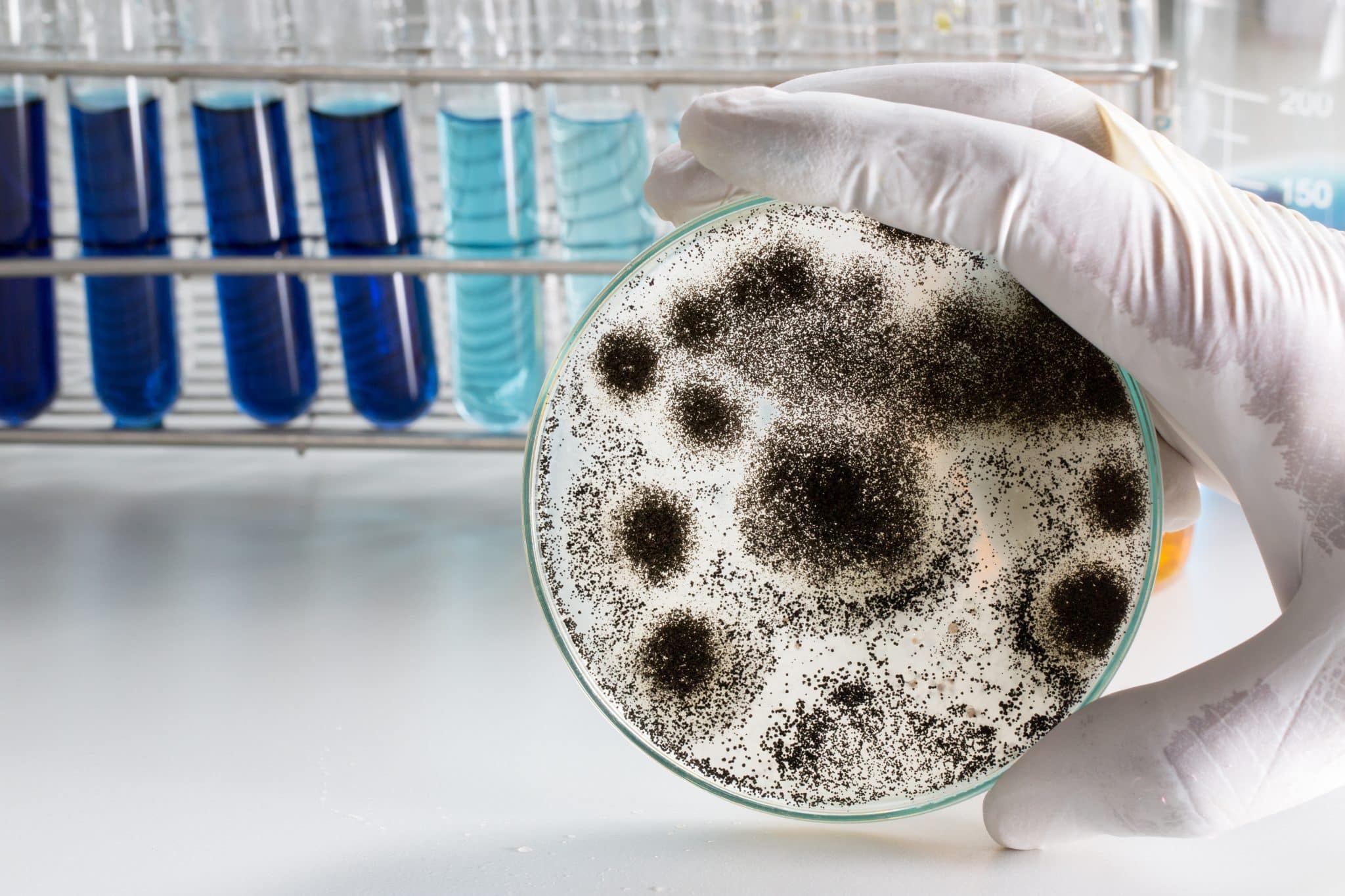Mold can be found all around us, such as on old food in the fridge or in the antibiotics we take to treat bacterial infections. Not all molds are bad, but around 200 known mold species release microscopic molecules called mycotoxins, which can cause serious illness.
Mycotoxins are 50 times smaller than a mold spore, which allows them to get further into the respiratory passages and even cross the linings of the sinuses, nose, and lungs. This means that mycotoxins can very easily bypass the body’s immune system.
Most species of mold that release mycotoxins reside indoors, which, unfortunately, is also where we tend to spend most of our time.
While mycotoxin-induced illness is increasing in interest, there is still a limited number of research studies, which is why it has not yet reached mainstream media. Still, that does not mean that it is not a cause of concern; it simply means that more research is needed to fully understand the complications of mycotoxins on the body.
How Mold and Mycotoxins Affect the Body
There are two roles mold can take on: an allergen and a toxin. Each role manifests as a different reaction from the body.
The first is an immune reaction to mold, which includes allergy-like symptoms such as a runny nose, sinus issues, asthma, itchy eyes/skin, and shortness of breath. In this scenario, introducing mold into the body causes a histamine response, which can develop into a mold allergy.
The other way mold affects the body is through its released mycotoxins. In some cases, the mycotoxins may initiate a cytokine-driven response, also known as chronic inflammatory response syndrome (CIRS). The challenge with mycotoxin-induced illness is that it does not have any unique symptoms, so it very often looks like other diseases and remains undiagnosed.
Some of the common symptoms of mycotoxin-induced illness include:
- pain (especially abdominal pain)
- cognitive difficulties (i.e. poor memory/concentration, brain fog, anxiety)
- metallic taste in the mouth
- significant fatigue
- unexplained weight loss or weight gain
- dizziness or vertigo
- numbness or tingling in the extremities
- tinnitus
- mood changes (i.e. manic depression/bipolar disorder, anxiety, ADHD)
- digestive issues (i.e. persistent bloating, limited tolerance to food)
- dehydration and excessive thirst
- symptoms indicative of hormone imbalances (i.e. rashes, hair loss)
Many of the symptoms listed above correlate with other medical conditions, very often leaving mold/mycotoxin illness undiagnosed.
What To Do If You Suspect Mold/Mycotoxins
If you suspect that you have mold in your house or if you have received a positive urine mycotoxin test result from your doctor, your first step is to determine the source of your mold. For this, it’s often best to have a trained mold inspector come in and evaluate your living space. Once the mold has been detected, it’s best to let the professionals handle its removal.
After removing mold from your house, you can then work on treating the illness in your body. Start by focusing on the fundamentals: lifestyle habits, diet, sleep, social connection, and stress management. When you’re sick, these habits are often the first to be disrupted, which can prolong illness.
Then, your doctor may want to focus on supporting the GI tract, as mycotoxins impact the body the most when the gut microbiome is disturbed.
Finally, you may need to undergo different therapies to eliminate toxins, such as anti-fungal treatments.
If you are experiencing several symptoms with seemingly no cause, it may be time to check with a functional medicine provider, such as Functional Nutritional Resources in Tulsa and Owasso, OK, to inquire about the possibility of mold/mycotoxin illness and get to the bottom of your mystery illness.
References
Mycotoxins. (2018). https://www.who.int/news-room/fact-sheets/detail/mycotoxins
Fung, F. & Clark, R., (2003). Health Effects of Mycotoxins: A Toxicological Overview. (2023). Journal Of Toxicology: Clinical Toxicology. Retrieved from https://www.tandfonline.com/doi/abs/10.1081/CLT-120030947?journalCode=ictx19

